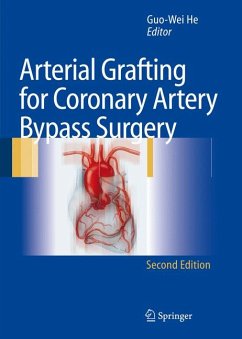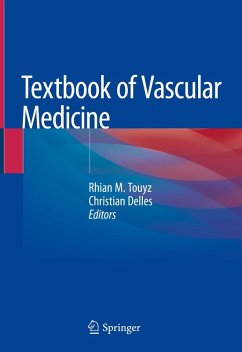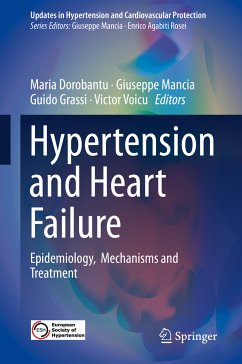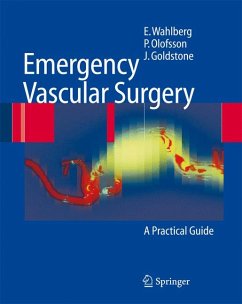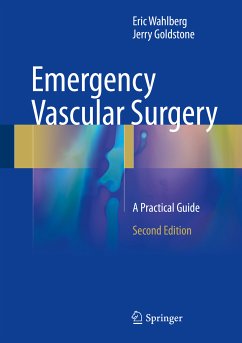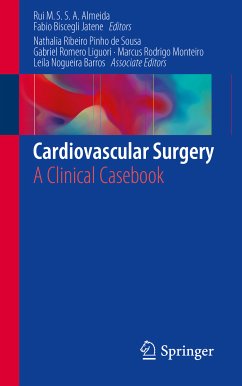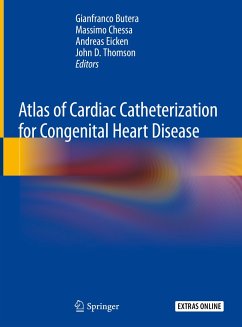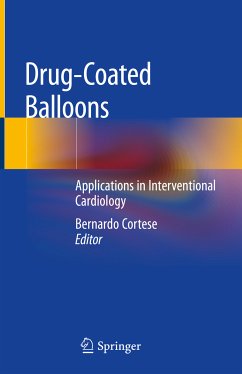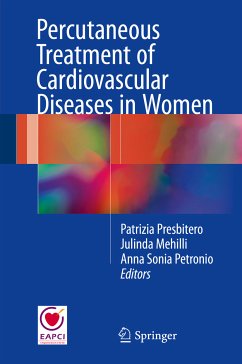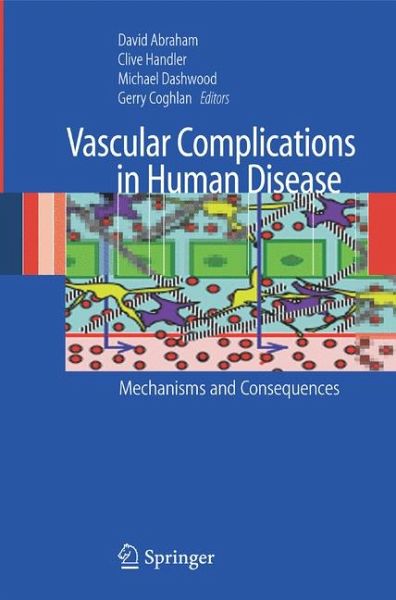
Vascular Complications in Human Disease (eBook, PDF)
Mechanisms and Consequences
Redaktion: Abraham, David; Coghlan, Gerry; Dashwood, Michael; Handler, Clive
Versandkostenfrei!
Sofort per Download lieferbar
72,95 €
inkl. MwSt.
Weitere Ausgaben:

PAYBACK Punkte
36 °P sammeln!
Clinical specialists caring for patients with any form of vascular disease must clearly understand the basic scientific rationale for disease pathogenesis. This book presents a cohesive review of the current understanding of the most important areas of clinical science and medicine in vascular disease and identifies areas for research in the future. It reviews the study, pathogenesis, management and treatment of some of the most common vascular diseases. The book includes discussions of approaches to gene therapy and aspects of regenerative medicine plus also physiology and pathogenesis, surgi...
Clinical specialists caring for patients with any form of vascular disease must clearly understand the basic scientific rationale for disease pathogenesis. This book presents a cohesive review of the current understanding of the most important areas of clinical science and medicine in vascular disease and identifies areas for research in the future. It reviews the study, pathogenesis, management and treatment of some of the most common vascular diseases. The book includes discussions of approaches to gene therapy and aspects of regenerative medicine plus also physiology and pathogenesis, surgical and pharmacologic treatment, and complications.
It will be a useful reference for basic and clinical scientists, and clinical specialists in vascular surgery, cardiology, angiology, neurology and any discipline in which the vascular system plays a fundamental part in the disease process.
It will be a useful reference for basic and clinical scientists, and clinical specialists in vascular surgery, cardiology, angiology, neurology and any discipline in which the vascular system plays a fundamental part in the disease process.
Dieser Download kann aus rechtlichen Gründen nur mit Rechnungsadresse in A, B, BG, CY, CZ, D, DK, EW, E, FIN, F, GR, HR, H, IRL, I, LT, L, LR, M, NL, PL, P, R, S, SLO, SK ausgeliefert werden.




